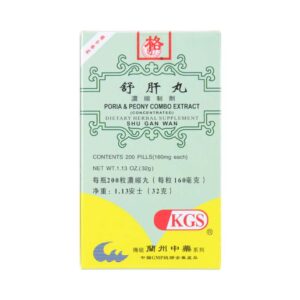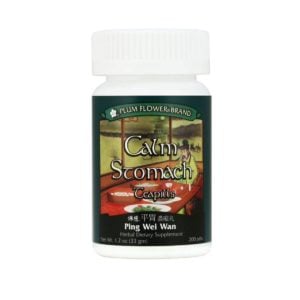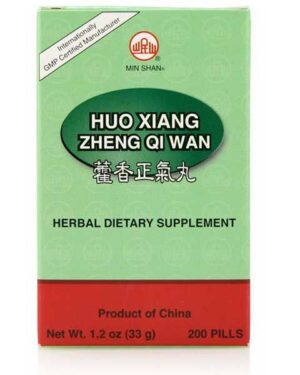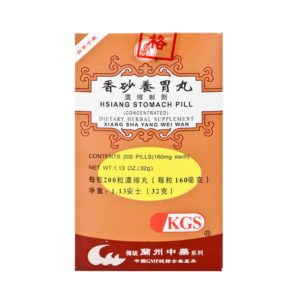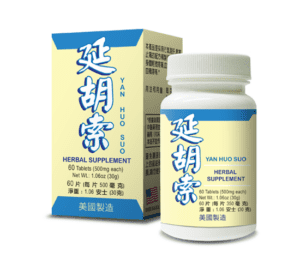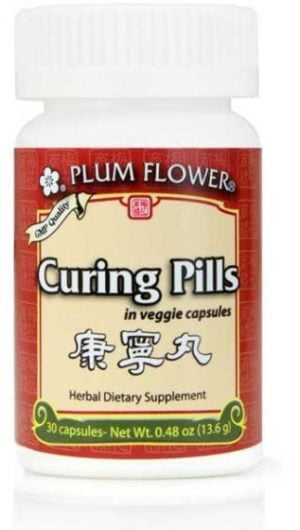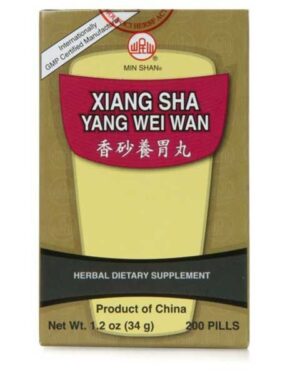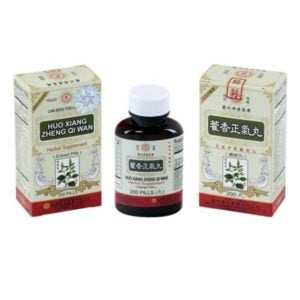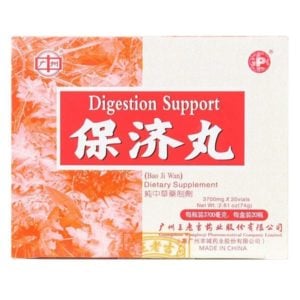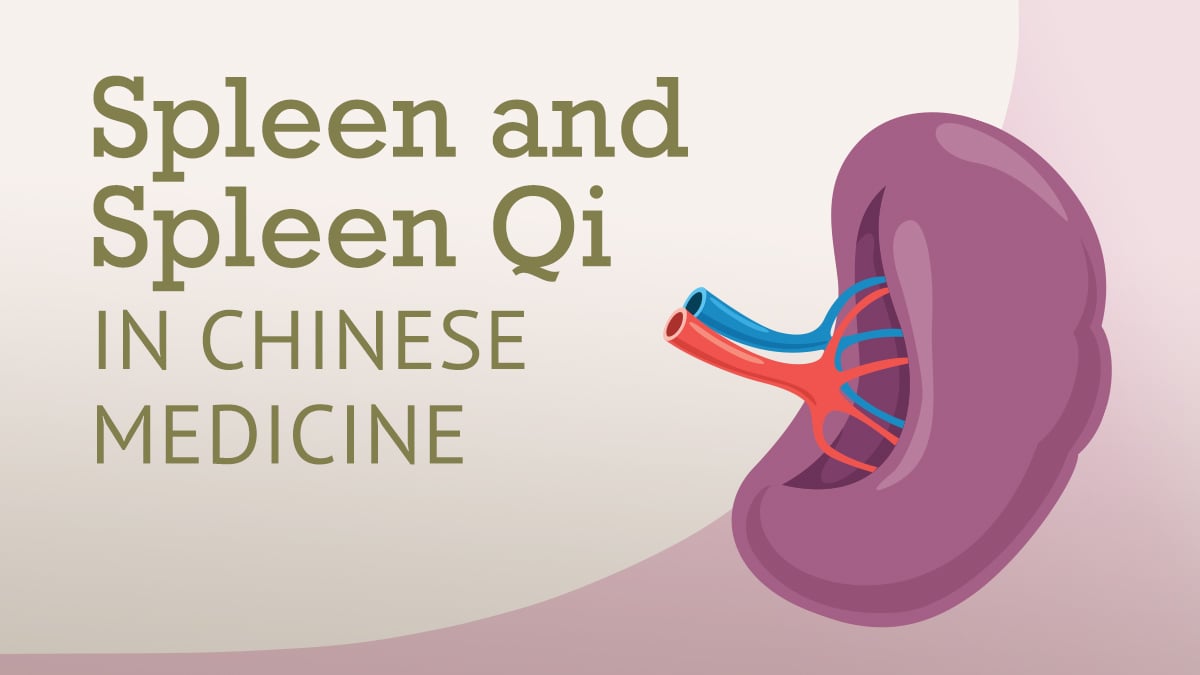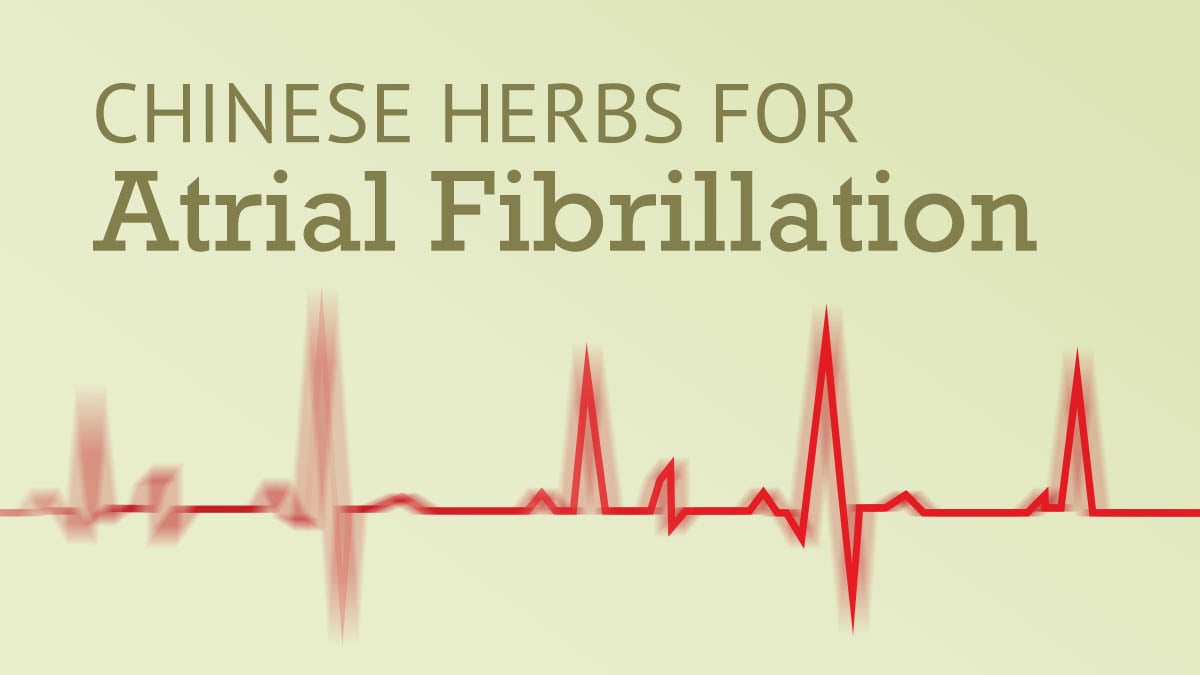Your cart is currently empty!
Hou Po
English Name: magnolia bark
Pharmaceutical Name: Cortex Magnoliae Officinalis
Medica Category: Aromatic Damp-Dissolving Herbs
Properties: Hou Po enters the Large Intestine, Lung, Spleen and Stomach channels; it is bitter and acrid in nature and warm and aromatic in temperature.
What is Hou Po?:
The Chinese Herb Hou Po is the dried inner bark of the magnolia tree (Magnolia officinalis Rehd. et. Eils.) which grows in the Sichuan, Hubei, and Zhejiang provinces of China. It has beautiful, fragrant flowers that vary in color from white to purple. The bark is prepared by its being peeled from the tree, dried, and then boiled until the internal surface turns a dark red or brownish gray. At this point it is steamed until soft and rolled into cylindrical pieces. The softened rolls are then dried and prepared with ginger juice for later use as medicine.
Traditional Chinese Medicine (TCM) Therapeutic Actions of Hou Po:
Hou Po moves stagnant qi and reduces stagnation in the middle jiao to reduce bloating and distention in people presenting with epigastric fullness and distention, loss of appetite, and poor digestion. Hou Po also helps relieve food stagnation that results when Spleen qi is stagnant to the point of disrupting its transformation and transport functions (i.e. poor digestion). Furthermore, Hou Po dries dampness that can accumulate when Spleen qi is stagnant.
Hou Po dissolves phlegm when it stagnates in the chest and blocks the normal circulation of qi in the Lung. Clinical presentations of this include: tightness in the chest, dyspnea, wheezing, and cough with the expectoration of copious phlegm.
**safety notes—Hou Po has a strong downward action and should be used with caution during pregnancy (i.e. under the supervision of a trained healthcare practitioner).
Hou Po is very strong in its action to break up qi stagnation and thus should be used with caution with deficiency presentations (e.g. the elderly or those recovering from long illness) as Source (Yuan) Qi can be damaged by “normal” dosing in these cases.
Hou Po has a mild anti-coagulant effect and should be used with care by those taking anticoagulant (e.g. Coumadin and Lovenox) or antiplatelet medication (e.g. aspirin or Plavix).

